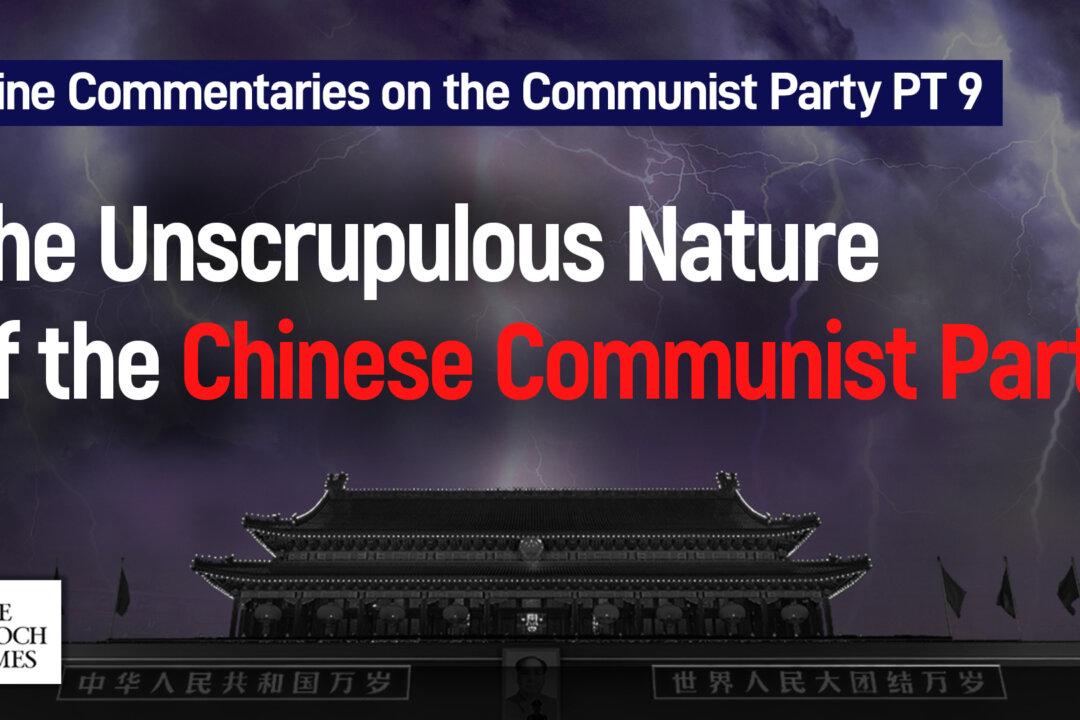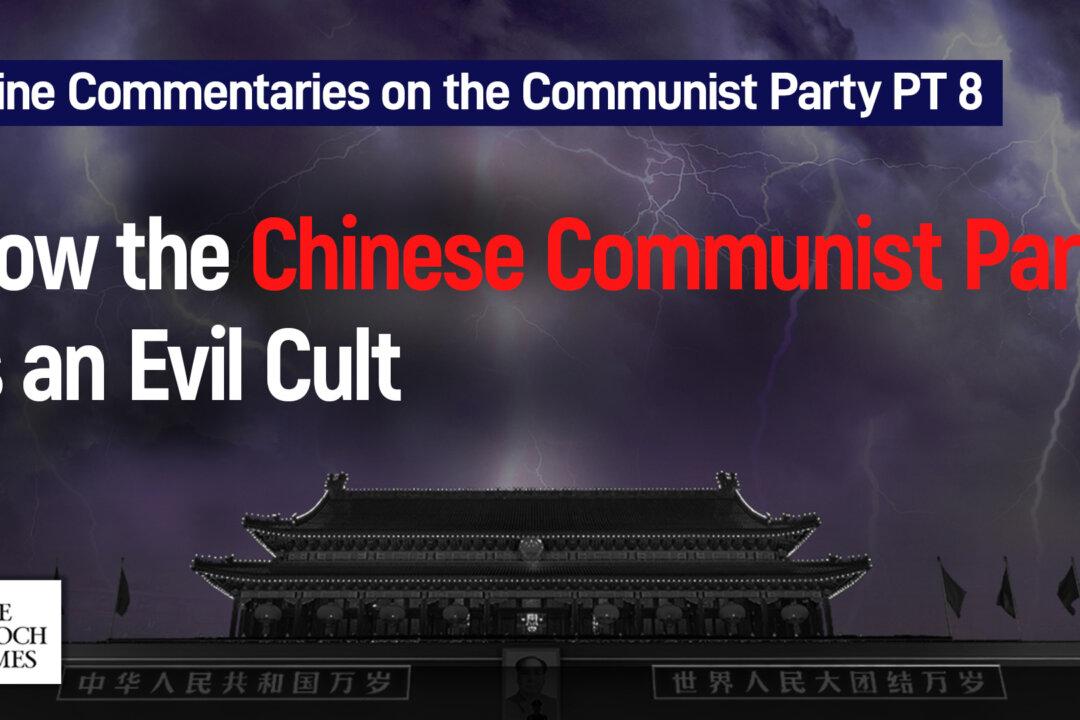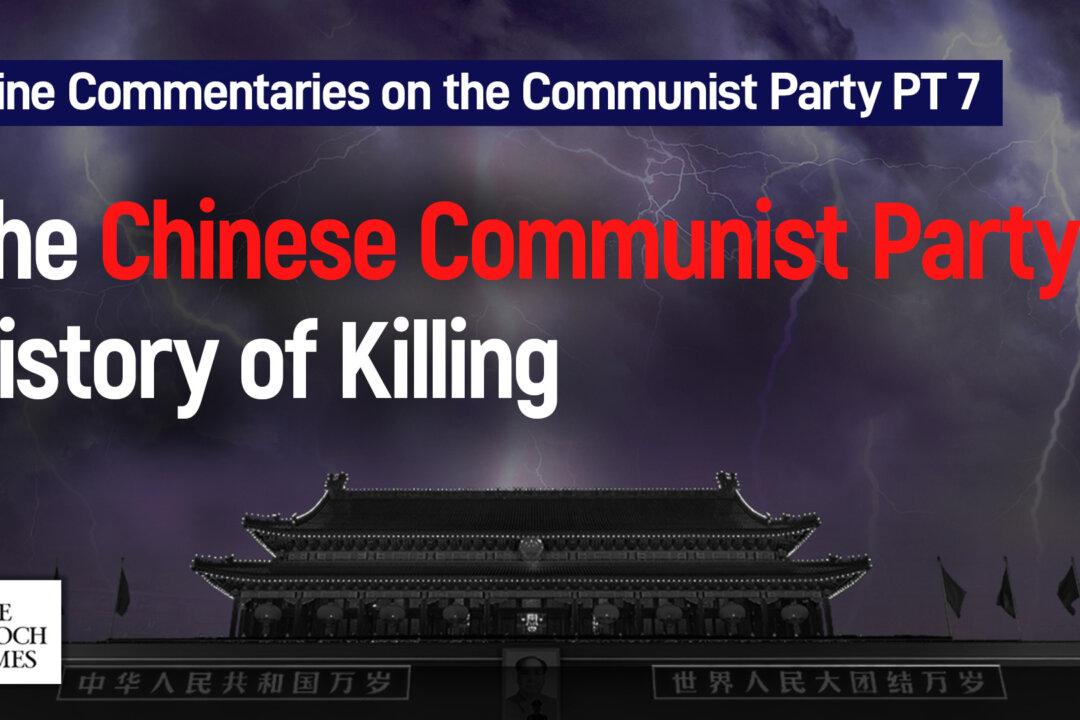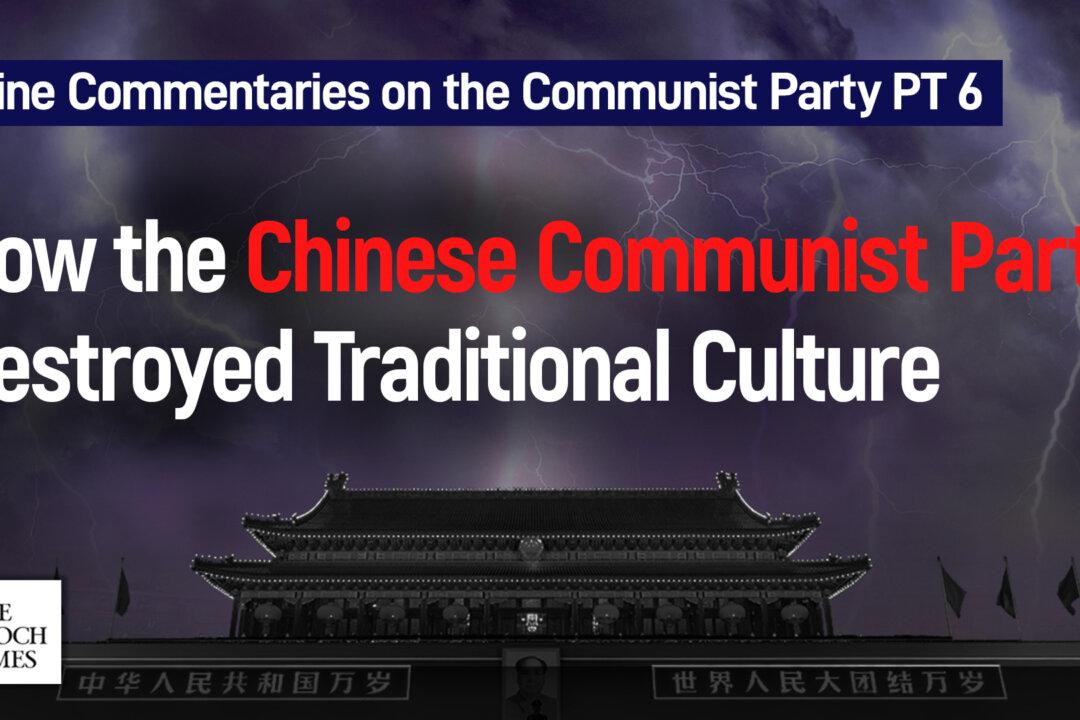The Epoch Times is serializing an adaptation from the Chinese of a new book, How the Specter of Communism Is Ruling Our World, by the editorial team of the Nine Commentaries on the Communist Party.
Table of Contents
2. Climate Change (continued)c. Establishing Dogma in the Scientific Community d. Propaganda and Intimidation
3. Communist Environmentalisma. Blaming Capitalism b. The Religionization of Environmentalism c. Political Infiltration: Building a World Government
4. Finding a True Solution to the Environmental CrisisReferences




